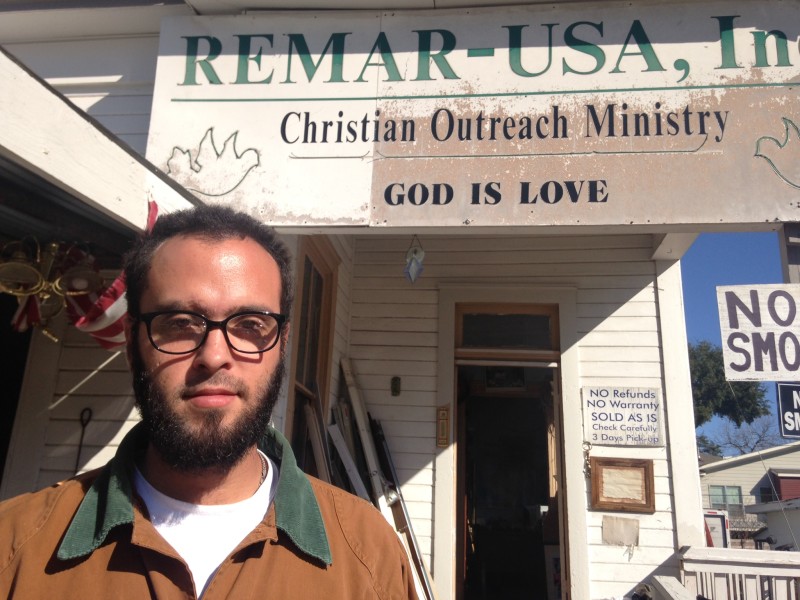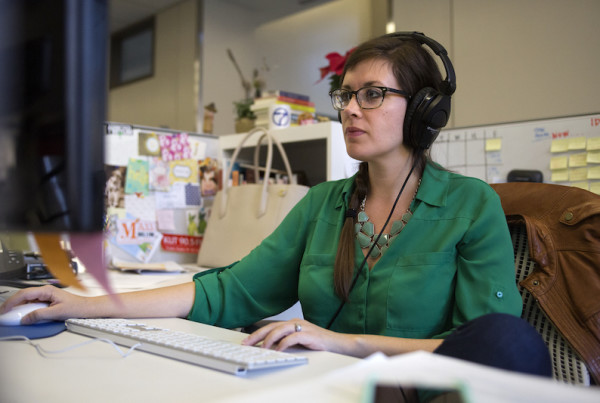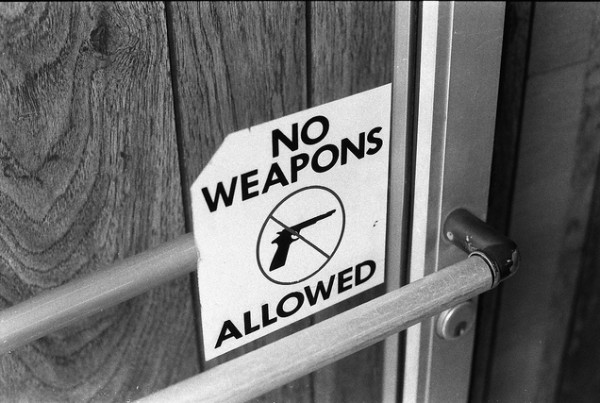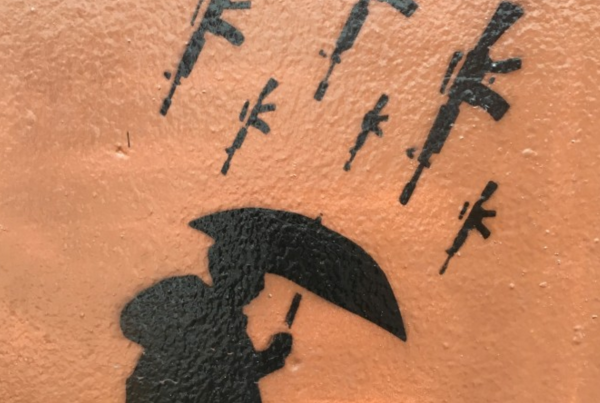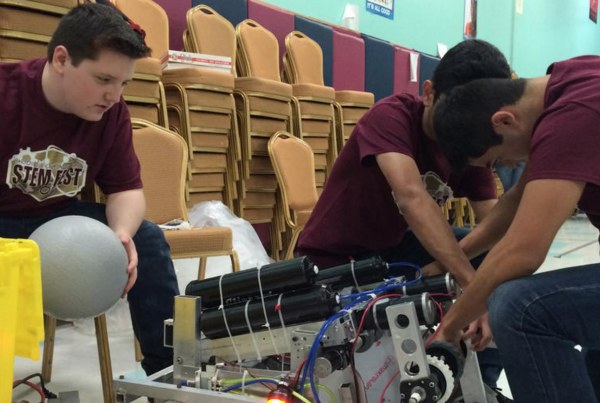I’m the child of an addict. However, it is a life I only know anecdotally. My father was cured before I was born. But the man in front of me is in the thick of it.
“It is a horrible life – look at me – I’m homeless, I squeegee windows at the red light. I spend between $80 to $150 a day (on heroin),” the man tells me.
He says he’s ashamed, and that’s why he won’t tell me his name. He says he’s in his 30s but his parched skin and sunken cheeks make him look decades older.
“I’ve been shooting heroin for 13 years,” he says. “And I don’t want to do it.”
As we speak he counts the coins in his pocket. He’s attempting to treat his addiction once more, this time with a safe dose of methadone – it gives him a high that’s not so high and doesn’t throw him into withdrawal.
“I go to the methadone clinic,” he says. “It takes dollars in the machine, you don’t pay a person. Five dollars a week.”
Does it work? Not really, he says. He always relapses.
So, what does work? Dr. Jane Maxwell is an expert on addiction.
“There is no one way to get sober,” she says. “We need all of the tools we can use.”
Maxwell is with the University of Texas School of Social Work. Her research is featured by the National Institute on Drug Abuse. She says often the best approach is “multi-pronged.” For example, our heroin addict who is using methadone could see better results by also going into rehab. But rehab is expensive – very expensive.
Dr. Clayton Shorkey is also with UT’s School of Social Work. He’s researched addictions and their cures for almost 50 years. But in the ’80s, Shorkey noticed something: most of the research was based exclusively on white people.
“Programs in this area vary from $25,000 to $90,000 you know? For a month kind of thing,” Shorkey says.
“And my question was where are all the Mexican-American clients, Spanish-speaking?” Shorkey says. “Where are all the African-American clients and such? I wasn’t seeing very many in the agencies.”
He did find them – but almost serendipitously. Shorkey was on his way back to Texas after giving a lecture in Washington when he says someone handed him a book called “Outcry in the Barrio.” It was about faith-based rehab.
“Since I was on the plane, I read it and I was so impressed,” he says.
Black and Latino men were claiming victory over their addictions through a San Antonio-based program called Victory. The program required clients to live and work in the facility for months at a time. But, it was free and the book claimed it was working.
Suki Miranda leads another faith-based program called REMAR.
“We get up in the morning at 7,” Miranda says. “We read the Bible for 15-20 minutes. We go to church several times a week. And we try to stay in an environment that is healthy and productive. Because work will keep your mind off of things that you don’t want to think about.”
So, how successful is REMAR and other programs like it? It’s actually pretty hard to tell.
Shorkey and Maxwell say there’s very little research on outcomes. One study from 2007 asked 10,000 clients from a variety of programs about the impact their faith and faith-based programs had on their recovery. It found both secular and faith-based programs had a high rate of dropouts, but faith based programs had a higher rate of commitment from the people who did stay.
At the Salvation Army in Austin I meet 52-year-old Will Hartford, a recovering alcoholic. He shows me around the warehouse where he works. “We got a wood-shop, bike shop, electronics – a lot of neat stuff,” he says.
Hartford and 53-year-old Mark Williams just graduated from the Salvation Army’s rehab program.
“Yeah, January 27,” they say.
What’s significant about their recovery is that Hartford says their entire group of 16 men all graduated. That’s something almost unheard of.
“One thing we did is we made a formal pact. Put it down on paper.” Hartford says.
They promised to be strong for each other, they promised to stick by each other and to not let anyone quit. Mark Williams says that helped him. But, the added element of faith is what he truly pulled him through.
“There’s no recipe for success,” Williams says. “But, I worship a God who can do all things but fail. And I needed that. I can only speak for myself. But for me – this was tailor-made for Mark.”
Anecdotal data shows it could help others too. That’s how my dad was cured.


